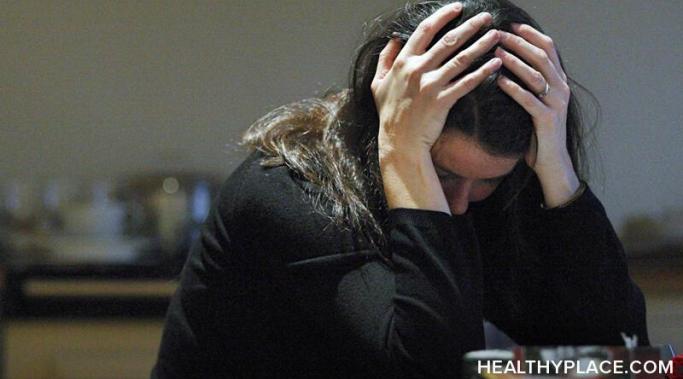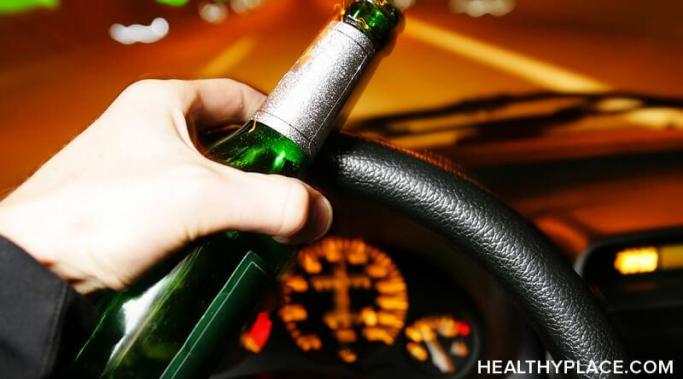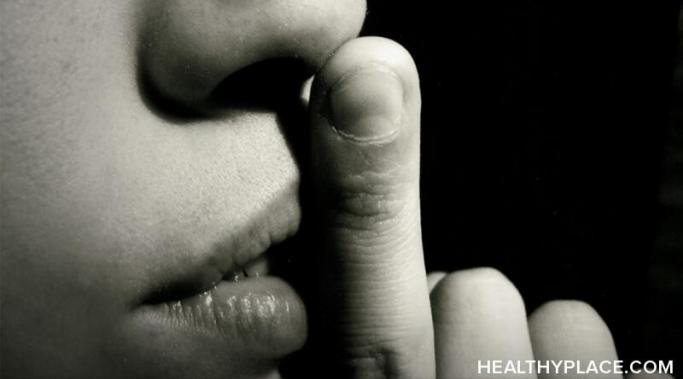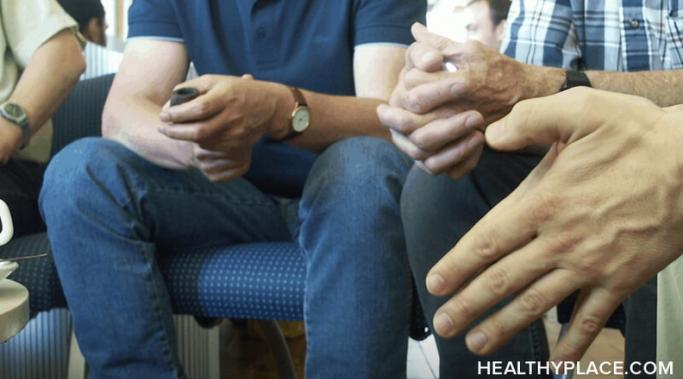Finding comfort in chaos has been a pattern for me and my unresolved trauma. Especially before I sought treatment for my childhood sexual assault, and often without realizing it, I would feel somewhat "addicted" to emotional pain. In other words, I felt most myself when there was some sort of conflict in my life, whether it was a physical health condition or a relationship issue. While I didn't actively want these things to be happening, I did find comfort in the chaos they stirred up.
PTSD and Addictions
My name is Adam M., and this is my story about using negative coping strategies after experiencing a trauma.
It’s National Eating Disorder Awareness week, so this seems like a good time to address the connection between complex posttraumatic stress disorder (PTSD) and eating disorders. Research has shown a very strong correlation between the two. Just as people who live with complex PTSD often self-medicate with drugs and alcohol, some people use eating disorders as a form of coping as well.
At first, the idea that sexual promiscuity can result from childhood sexual abuse seems illogical. Wouldn't someone who suffered sexual abuse have difficulty creating intimate relationships and work to avoid personal contact? While this can often be the case, a review of the research on childhood sexual abuse (from the American Academy of Experts in Traumatic Stress, or AAETS) confirms that a large number of survivors engage in promiscuous behaviors, even those who turn away close relationships. Here are some of the reasons why childhood sexual abuse can lead to promiscuity.
Recovery from posttraumatic stress disorder (PTSD) comes in many forms, one of which is utilizing the transferable principles of a 12-step program in PTSD recovery. Many of us who suffer from PTSD also suffer from addiction to drugs or alcohol, myself included, and we use the 12 steps as a tool for our recovery from addiction. Applying the 12 steps to my PTSD recovery is something that I have found helpful, and you may, too.
Before being diagnosed with posttraumatic stress disorder (PTSD), I thought that my biggest issue was alcoholism. What I didn't understand was that there was a direct link between my drinking and dealing with my PTSD symptoms. I was self-medicating to control my symptoms without even knowing it.
In my own recovery from posttrauamtic stress disorder (PTSD), I came to see PTSD symptoms as a trauma addiction and this affected my self-esteeem. Let me explain.
After trauma, there's a need for life to feel safe and in control. Sometimes, we put in place really good and healthy habits that help the transition from trauma to life afterward. Other times, it's easy to slip into habits, cycles and patterns that are very destructive. For example, co-dependence. When you put this type of behavior together with posttraumatic stress disorder (PTSD) you can increase the time it takes to heal tenfold.
Healing in the trauma disorders and addictions means real and permanent major change, and that's usually neither cheap nor easy. Persistence, in the pursuit of healing, is very often the single most important factor predicting success.








